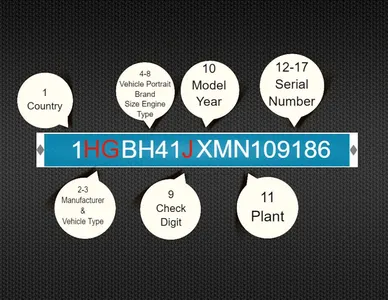Do you drive and use your car for work? If you do, you are probably racking up some serious automotive expenses. This article will help you understand how you can make those car expenses work for you. If you want to drive down your tax bill, consider looking into these deductions that you could possibly qualify for.
There are two types of ways you can claim car expenses on your taxes and you need to determine which of the two types of write-offs to use.
- Actual Costs of Vehicle - If you use your car in your job or business and you use it only for that purpose, you may be able to deduct its entire actual cost of operation. Actual vehicle expenses include:
- Gas and oil
- Maintenance and repairs
- Tires
- Registration fees and taxes*
- Licenses
- Vehicle loan interest*
- Insurance
- Rental or lease payments
- Depreciation
- Garage rent
- Tolls and parking fees*
*Also, deductible if you choose the standard mileage method.
- Standard Mileage Rate - If you use the car for both business and personal purposes, you may deduct only the cost of its business use and you must keep records to support your claim. The IRS allows employees and self-employed individuals to use a standard mileage rate, which for 2018 business driving is 54.5 cents per mile. To determine the number of miles driven for business you need two numbers for each business vehicle:
- The total number of miles driven during the year
- The total number of miles driven solely for business purposes
Tracking your total mileage for the year is simple. Write down the odometer reading on the day that you start using a vehicle for business and on the last day of the year.
The bottom line is that you need to keep detailed records and be sure to follow the guidelines for business auto deductions set forth by the IRS or consult your personal tax preparer. When you know all of the auto-related deductions you’re entitled to, you can ensure that your automobile is working as hard for you as you are for your paycheck.











